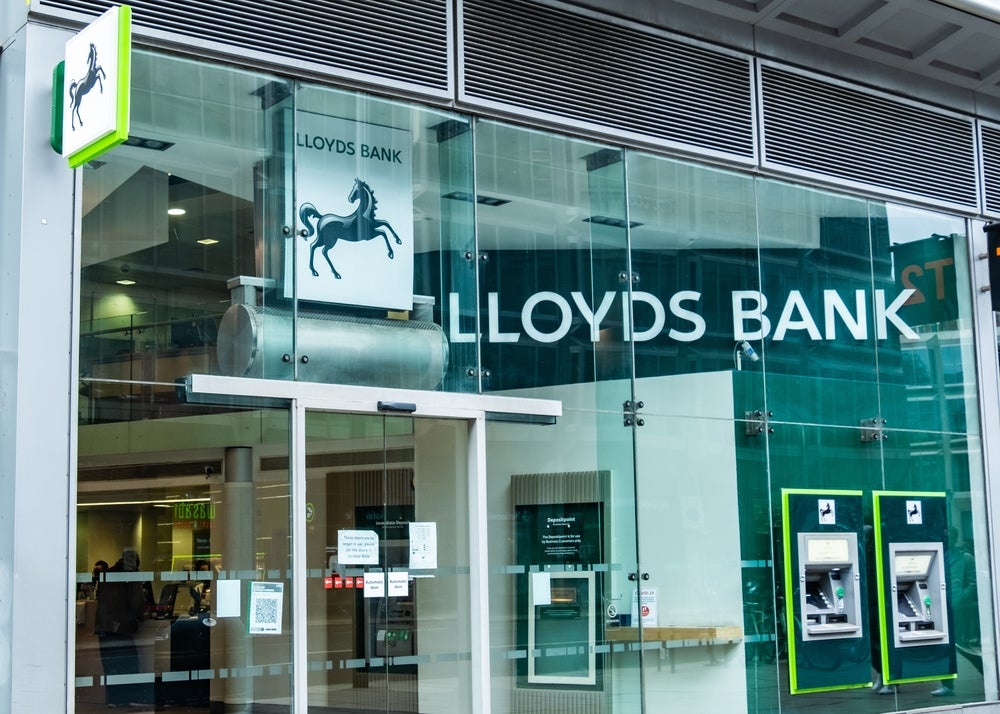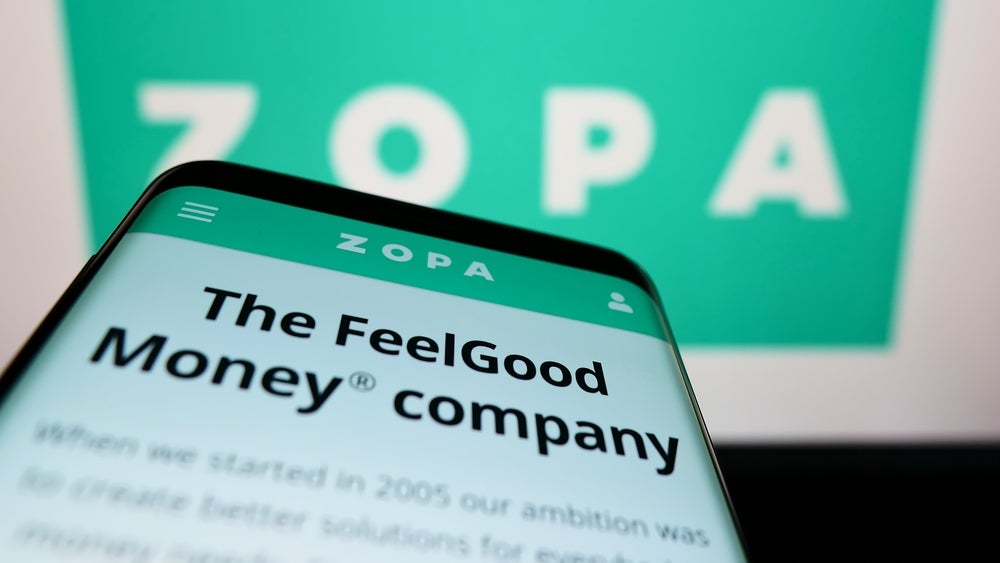In the Digital Banking Club’s latest debate, experts coming from established banks, start-ups and technology vendors debated the issue of profitability in banking. Should banks target customers just because they are ‘profitable’ or should they make existing customers profitable? Patrick Brusnahan writes
During the Digital Banking Club’s third debate of the year, focused on the question ‘How can financial institutions increase their profitability by better targeting more profitable digitally engaged customers?’, many schools of thought were considered.
Simon Cadbury, head of strategy and innovation at Intelligent Environments kicked off the debate by stating that 89% of consumers consider the strength of a financial institution’s as a crucial factor in choosing their bank, yet many are ‘not meeting customer needs and expectations’ in this area.
This dissatisfaction is shown in Capgemini’s recent 2015 World Retail Banking report which stated that in Western Europe, customers of five out of eight banks surveyed posted negative experience increases of more than 10 percentage points.
Cadbury said: "The traditional players have invested billions in digital. Yet there is no end in sight.
"Instead they are faced with ever-evolving digital strategies that require a continuous rethink of their business models, modus operandi and skill set requirements.
How well do you really know your competitors?
Access the most comprehensive Company Profiles on the market, powered by GlobalData. Save hours of research. Gain competitive edge.

Thank you!
Your download email will arrive shortly
Not ready to buy yet? Download a free sample
We are confident about the unique quality of our Company Profiles. However, we want you to make the most beneficial decision for your business, so we offer a free sample that you can download by submitting the below form
By GlobalData"While banking executives come to terms with the growing investment that digital requires, they are also beginning to realise the opportunities to reduce the cost, acquire more profitable customers, increase retention and grow revenue."
Terry Cordeiro, Head of Product Management (Shared Components, End to End Transformation) at Lloyds Banking Group, believed that digital was the way forward, not only in improving customer satisfaction, but in garnering profit.
He said: "Digitally engaged customers tend to have a higher product holding. If I have a great onboarding process, I’m more likely to tell people about it."
New entrants getting involved
The banking market is currently experiencing an influx of new start-up banks attempting to offer something different than traditional banking giants and gain a foothold in the market.
One of these is Starling Bank, a fully mobile banking proposition, and its CEO, Anne Boden, said: "As an industry, we need to give the customer something they actually want. We want customers we can look in the eye."
She went on to say that cross-selling and up-selling might end up as miss-selling. Her thinking was to offer something that customers need and want, then service those needs and wants. Only afterwards, should profits come into the equation. She added: "[Banks] need to earn the right to be profitable."
Venkataraman Bala, Global CTO of Banking and Capital Markets at CSC, on this topic, said: "Selling products etc is a by-product [of banking]. You can’t be profitable serving everybody."
Cordeiro, who is in the middle of leading a £1 billion transformation plan at Lloyds, remarked that a lot of investment is needed to create the perfect digital experience for consumers.
He said: "The big money goes into end-to-end transformation of the entire journey. And [a consumer’s] journey never ends with a bank."
Convenience v.s. Security
One aspect of this is convenience and speed of transactions and services, particularly with regards to branches.
Cordeiro commented: "Next year, we won’t be talking about people going to a branch to open an account. I wouldn’t wait a week to open an account, I’d go elsewhere. Branches need to be less transactional and more about advice and service."
Michal Panowicz, SVP & Deputy Head of Digital Banking at Nordea (and the Digital Banking Club Power 50’s Personality of the Year), spoke on the profitability of the digital consumer.
He quipped: "We could be profitable by throwing out everyone who didn’t have an iPhone, but focusing on one channel forces people to go elsewhere."
On the point of digital not being purely online or mobile, he continued: "Even a branch can be a digital touchpoint.
"Transformation is not about technology or products. It’s about the change of minds and hearts."
Cadbury believed that branches were crucial for a bank and said that ‘branches are the best billboards’.
Panowicz disagreed slightly and stated that ‘there are cheaper billboards. Branches have more value than that’.
Boden concurred and said: "There will always be a need for some people to have face-to-face interaction."
Moreover, Boden then talked about her new offering, Starling will focus on one type of customer rather than attempting to get everybody on board.
She stated: "We’re focusing on people who live their lives on their phones. Our proposition is not for everyone. We’re going to do one thing really, really well. We’re not going to be greedy and offer everything.
"We can listen without trying to protect the status quo. At the moment, all the big banks look the same. We’re going through a period where the competition barrier is coming down."
Bala concurred: "Now is the perfect time to be a start-up."
Boden continued: "In the UK, the process of starting a new bank is understandable. In the US, it is not really possible."
Panowicz argued that there are banks in the market ‘moving very fast’ compared to the traditional banks.
On that point, Bala said: "The very same regulators that are complained about are the reasons that banks do not need to move as fast. What is regulation? It is the fear of the unknown."
The debate moved onto what the actual role of a bank was. There was a consensus that a bank was there more to service its customers rather than gain a profit.
Bala said: "The customer needs to be able to trust that you can do the journey with them."
Cordeiro added: "We have a duty to help you understand you financial health. The majority of UK adults are financially illiterate, which is why companies such as Wonga do so well."
Boden took this opinion a little bit further: "The customer wants to be able to rely on their bank for all situations. We have an obligation to make sure people have enough money for the rest of the week, the month, the year, and their lives."
That service aspect was considered tricky by the panel. The common view was that it was not quick enough or flexible enough.
Cordeiro said: "Service currently is predominantly reactive. At the moment, we treat different circumstances in the same way."
Digital culture
A solution for this that has been bandied about is Big Data, something that Panowicz was quick to dismiss.
He claimed: "Big banks and big institutions just want to go to Big Data because it is big. There’s no need for big data, just some data."
On the future of banking, he said that there will ‘absolutely be a banking revolution’.
Cordeiro said: "The biggest threat to banks like us is culture. The banks need to fight hard to survive, but so will the start-ups."
Boden responded: "Big banks won’t fail because of [start-ups]."
Simon Cadbury highlighted the importance of new technology and said: "Digital is here to stay and constantly requires investment."
Cordeiro retorted: "Banks don’t go after digitally-engaged customers. We use digital to give a better service."
As the CEO of a bank completely centred on digital solutions, mobile in particular, Boden said: "We’re focusing on a service we can do very well on mobile. Omnichannel is not our problem."
On that note, Cordeiro believed that ‘context is the right thing’ with regards to mobile, while Panowicz said that the ‘debate between mobile and the rest is misjudged’.
Cadbury concluded: "Digitisation is already disrupting traditional retail banking.
"The new digital-only players are set to radically influence the way we bank. Their potential for significantly lower operating costs and profit potential, combined with a favourable regulatory environment, threaten to erode the market share of traditional retail banks.
"Those who are willing to fully embrace this will not only cut costs but, more importantly, offer an engaging and relevant proposition to a group of customers who are largely unsatisfied by an industry that is not keeping up with the pace set by other around them."






